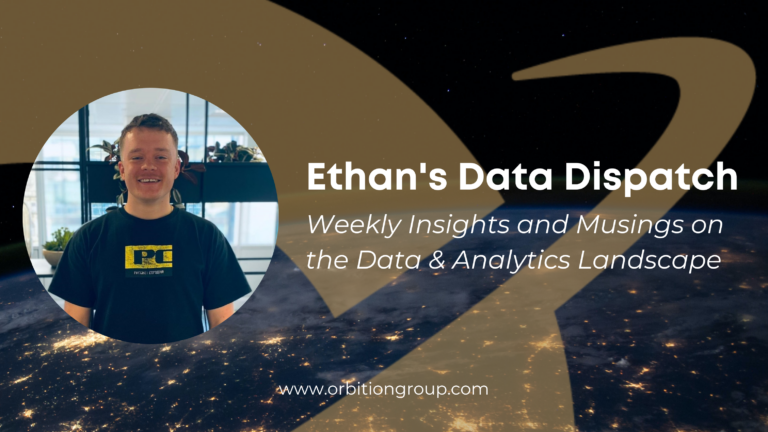
The ever-growing prevalence of data and analytics functions in organisations across the world is something we all should celebrate. With this, comes a rise in the number of organisations that look appoint data and analytics professionals in senior leadership, with some even recognising the importance of introducing CDOs/CDAOs as figure heads for their data-driven goals. If you want to become a data leader, there’s an immense number of varying career paths to reach the peak of senior data leadership, and I’ve always wondered which route gives the best advantage, and which route comes with the most challenges.
After asking LinkedIn and some of my closer connections about their journey to data leadership and where did they start. After I posted on LinkedIn, it was great to hear from Rob Lancashire who shared his journey of starting out as a Data Analyst. The journey of a Data Analyst into leadership gives a definite advantage on the business side as you’re close to the business from day one. Depending on the make-up of the organisation you’re working with, you’re also close enough to the technical side of data to understand use cases for certain technologies and methodologies.
I also heard from Tom Rampley, Senior Director for Business Intelligence & Analytics at Velocity Global. Tom started on the business side of things before working with data science and getting deeper into analytics. Having a strong connection to the business outcomes and being able to communicate with leadership effectively is something that Tom highlighted as being a strong advantage of the business background. He also touched on the fact that he felt like an ‘imposter’ when it came to working alongside some of the more technically minded individuals. From the conversations I’ve had over the last 12 months, I know for certain that the imposter syndrome in data and analytics exists on both sides of business and tech – just part and parcel of working in such a multi-faceted industry.
One thing that stood out from both Rob and Tom’s answers was the focus on their perspective of the rest of the business in relation to data and analytics. Without a focus on the business problem at hand, then the data is almost irrelevant.
Time and time again, clients and friends mention that interviewing candidates is let down by the way they present themselves. More often than you’d expect, when talking about the work they’ve done or the work they’d like to do for the respective client, the business impact is either an afterthought or forgotten about entirely.
If you’re encountering the same problem and want to speak with data and analytics professionals vetted by a team that understands the relationship between business and data, get in touch.

Ethan Simpkin
Ethan is a highly skilled consultant with us here at Orbition, specializing in data and analytics.
With a passion for technology and a natural talent for identifying top talent, he has become a valuable asset to both clients and candidates in the industry.Read more.
Signup to Our Newsletter
"*" indicates required fields


